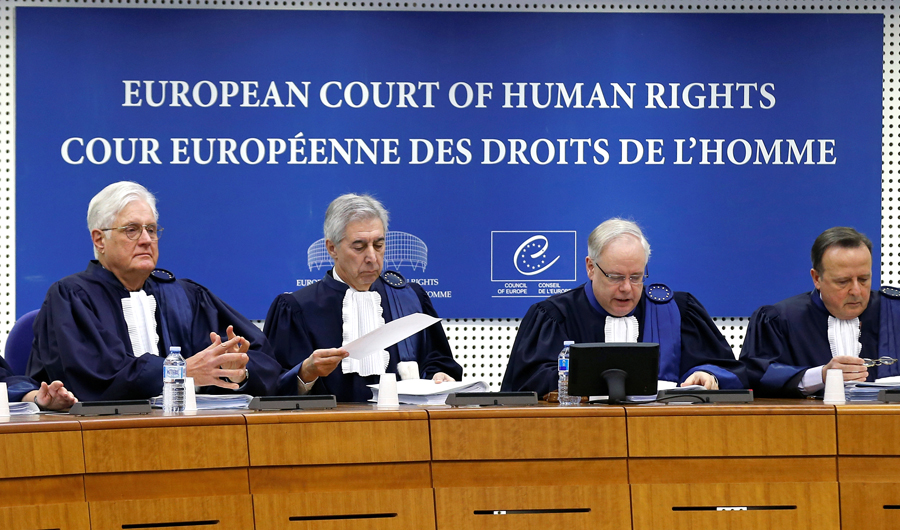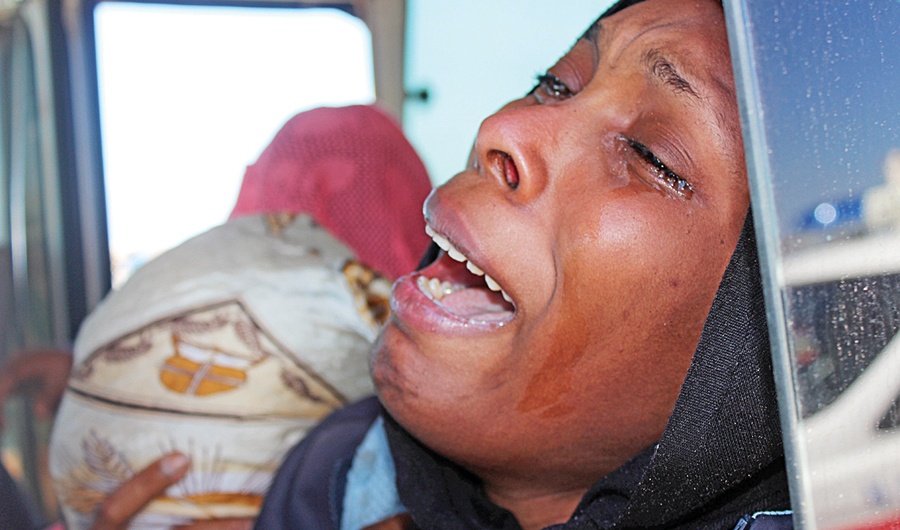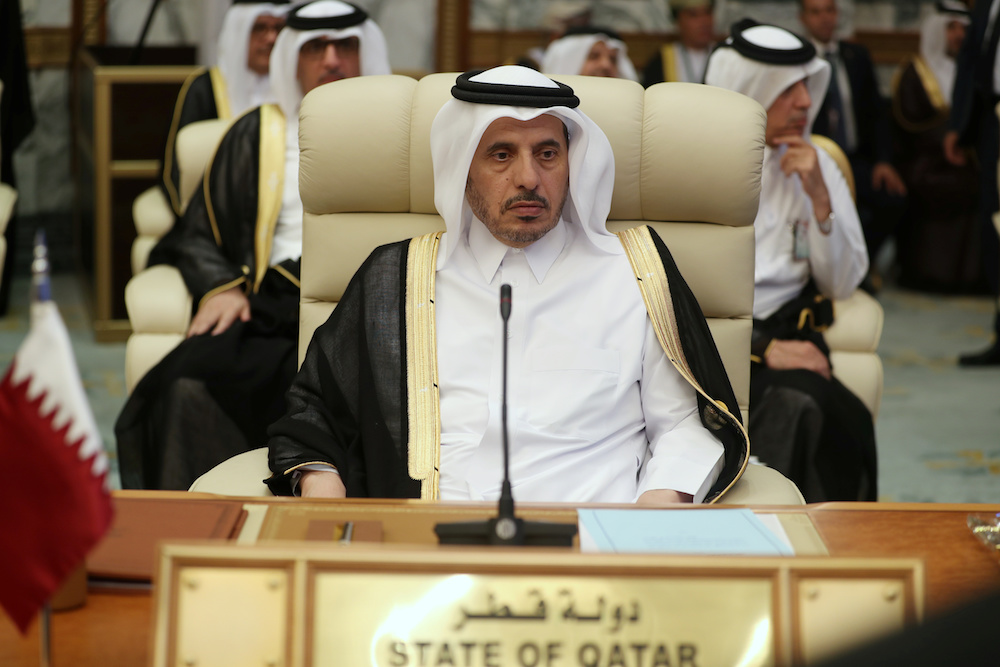Crop-destroying insect reported in Egypt
CAIRO: Fall armyworms have been reported in Egypt’s Aswan governorate, putting agricultural crops, particularly maize, at high risk.
The announcement was made by the Agricultural Pesticide Committee (APC) of the Ministry of Agriculture, which said the insects were found in the town of Kom Ombo.
“The insect destroys more than 80 different agricultural crops, most notably maize and broomcorn, sugarcane, rice, cotton, vegetables and fruits,” Hassan Abdel Rahman, head of the Farmers’ Syndicate, said in a statement.
“Due to its short lifecycle, which does not exceed a month and a half, this larval insect is difficult to be killed with pesticide.”
Abdel Rahman urged the ministry and farmers to take immediate action against the infestation.
The APC urged farmers to follow a list of measures to help eliminate the pests, and provided categories of insecticides that could be used.
The fall armyworm first made its way to Africa in 2016 on a ship or plane, according to the UN Food and Agricultural Organization (FAO). It has since spread across more than 40 countries on the continent.
A training program was held in April to teach farmers how to observe and deal with the insect.
Additionally, the FAO is organizing a training course for engineers and researchers from Upper Egypt.
“This is very scary,” Cairo resident Hourig Gabeyan told Arab News. “I hope the government is trying to find solutions. Egypt already has enough problems as it is.”
The country’s economy relies heavily on agriculture, which comprises up to 14.5 percent of gross domestic product (GDP) and 28 percent of the labor force. Maize is the second most important field crop in Egypt.


Crop-destroying Armyworm caterpillar detected in AsiaSatellite images show crops on fire in Syria rebel enclave



